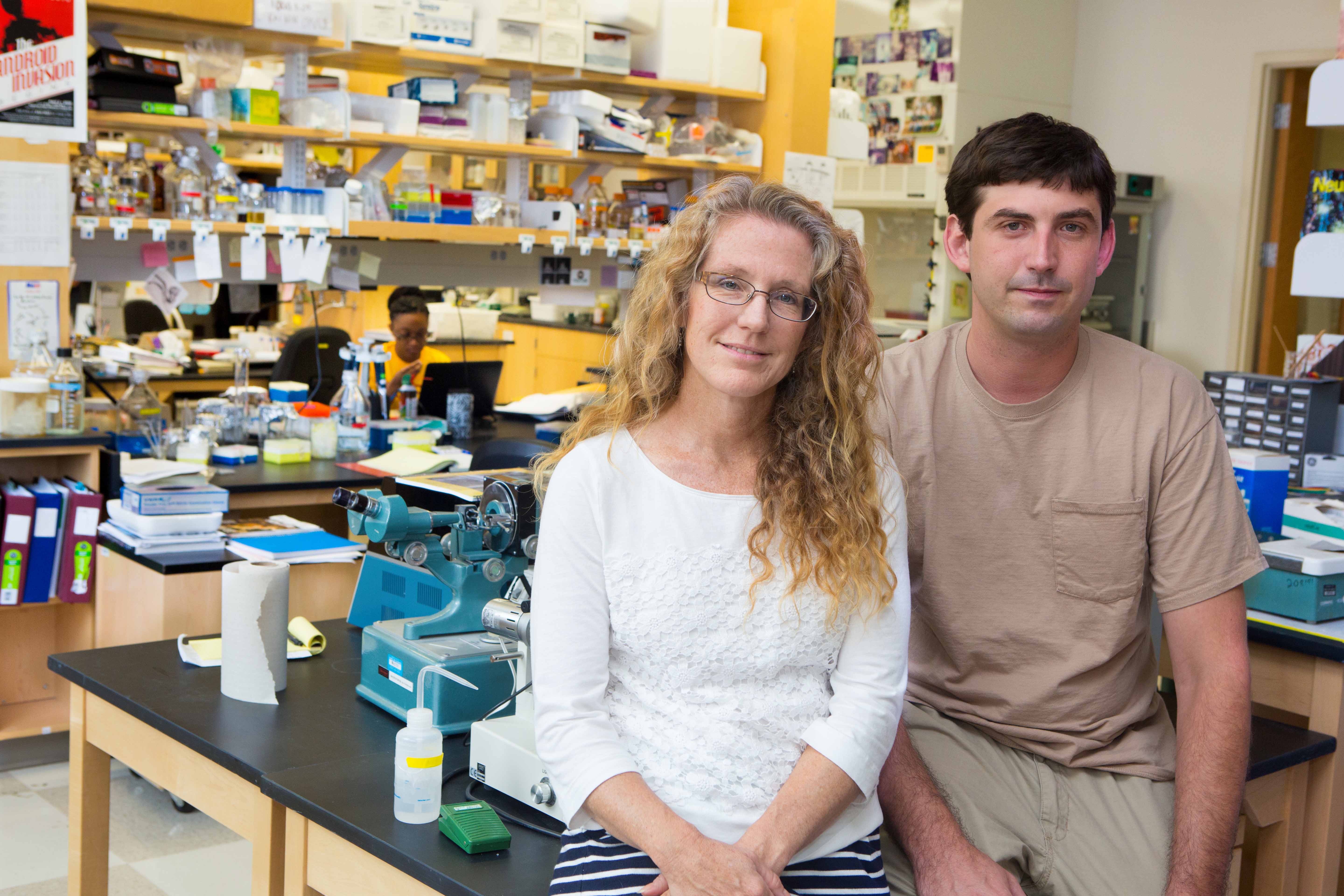
Our research explores the neuromodulation of ion channel proteins and electrical signaling with particular interests in the diabetic and obese brain. We join a core of faculty laboratories that have a long-history of research in the Chemoreception Sciences (Olfaction and Taste) and I direct the NIH Chemical Senses Training Grant Program to FSU. We hypothesize that the olfactory system is not only a sensor of external odor chemicals but also of internal chemistry - that of metabolism. The olfactory bulb has a rich array of energy important signaling pathways (insulin, glucose) that target the regulation of ion channels to finely tune olfactory ability, food choice, neurogenesis, and circuitry formation. We are currently challenging transgenic mouse models with diet-induced obesity, dietary restrictions, intranasal and cannula delivery of nanoparticle-conjugated drugs, intracranial viral strategies to interrogate molecular targets of metabolic regulation in the olfactory bulb. Gut-brain signaling pathways are a great interest to our current electrophysiological analyses of metabolic sensing by the olfactory system and dysregulation that occurs under excess energy substrates or metabolic disruption (obesity and diabetes).
Our laboratory is very multidisciplinary, so while every member becomes an expert electrophysiologist/biophysicist, they have an array of technical training at their disposal to create full hypothesis-driven experimental designs to include - optogenetics, chemogenetics, slice electrophysiology, metabolic chambers, voluntary exercise wheel running, electroolfactogram, heterologous expression analysis, rodent surgery, nanoparticle drug design, protein biochemistry, mouse behavioral phenotyping, computerized olfactometry, molecular biology (targeted deletion, mutagenesis, structure/function ion channels).
I am eager to mentor and have a demonstrated track-record to train postdoctoral scholars in professional development aspects including: scientific writing (manuscript and grant applications), computational analysis, oral communication, laboratory management, and job interview and negotiation skills.
